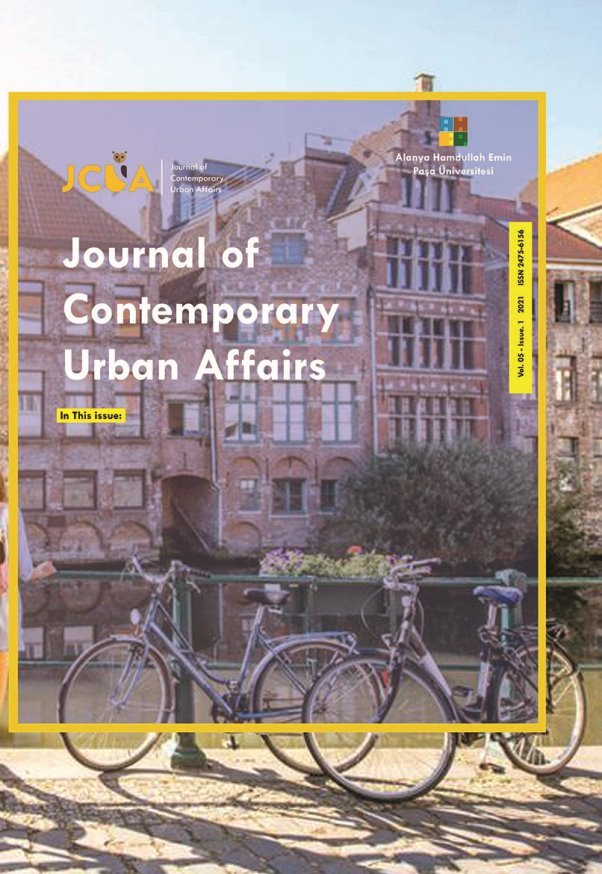
Journal Of Contemporary Urban Affairs
Yazarlar: Igor Calzada
Konular:-
DOI:10.25034/ijcua.2021.v5n1-7
Anahtar Kelimeler:Smart city,Data ecosystems,Digital rights,Social innovation,Networked Individualism,Penta helix,City,Egions,Data infrastructures,Digital government,Algorithmic nations,COVID,9,Pandemic citizenship,Liquid citizenship,Data donation
Özet: Against the backdrop of the current hyperconnected and highly virialised post-COVID-19 societies, we, ‘pandemic citizens’, wherever we are located now, have already become tiny chips inside an algorithmic giant system that nobody really understands. Furthermore, over the last decade, the increasing propagation of sensors and data collections machines and data collections machines in the so-called Smart Cities by both the public and the private sector has created democratic challenges around AI, surveillance capitalism, and protecting citizens’ digital rights to privacy and ownership. Consequently, the demise of democracy is clearly already one of the biggest policy challenges of our time, and the undermining of citizens’ digital rights is part of this issue, particularly when many ‘pandemic citizens’ will likely be unemployed during the COVID-19 crisis. Amidst the AI-driven algorithmic disruption and surveillance capitalism, this book review sheds light on the way citizens take control of the Smart City, and not viceversa, by revolving around the new book entitled Smart City Citizenship recently published by Elsevier. The book review introduces nine key ideas including how to (1) deconstruct, (2) unplug, (3) decipher, (4) democratise, (5) replicate, (6) devolve, (7) commonise, (8) protect, and (9) reset Smart City Citizenship.
Dergi editörleri editör girişini kullanarak sisteme giriş yapabilirler. Editör girişi için tıklayınız.